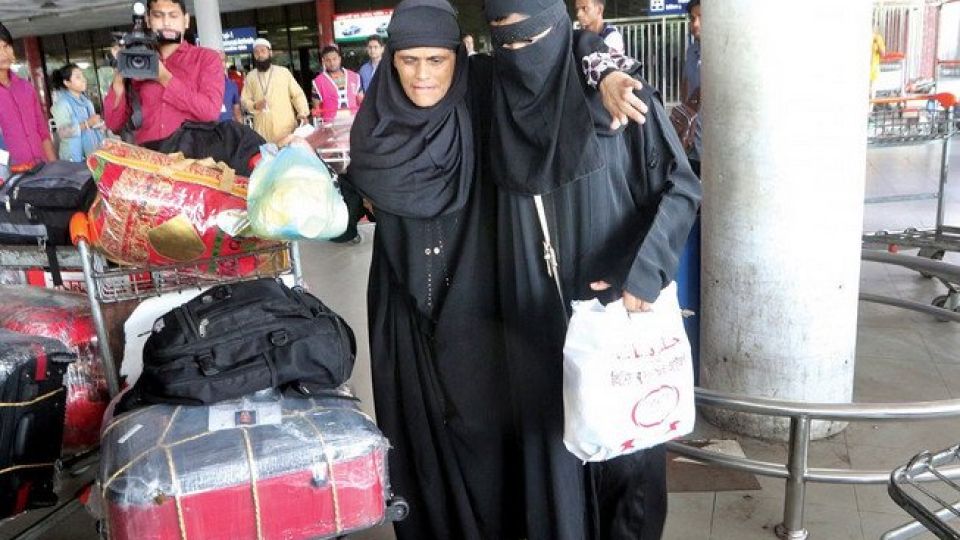Rahima, a woman from Bangladesh, went to Oman hoping for a better life for her family after her husband’s death. However, her experience as a migrant worker turned into a nightmare. Instead of working as a domestic helper as promised, she was made to carry heavy water drums and work on a poultry farm.
Her employers denied her adequate rest, and when she fell ill and missed work for a day, they refused to give her food. “I was verbally abused when I asked for food,” Rahima shared. Worse still, she was told to visit a doctor at her own expense, requiring her to walk five kilometers while unwell. Eventually, her health deteriorated, and she fled back to Bangladesh, only to discover she had developed uterine problems.
Rahima’s story is not unique. Over the past three years, the Wage Earners Welfare Board (WEWB) has provided medical assistance to 125 women migrant workers who returned to Bangladesh. Most of these women came from countries like Saudi Arabia, Oman, and Jordan, suffering from serious health issues, including uterine problems, kidney disease, and even cancer.
In 2023 alone, 56 women sought help from the WEWB. Of these, 20 were diagnosed with uterine complications, 19 reported physical abuse, and 10 suffered from kidney issues. Maksuda Khatun, another returnee, came back from Saudi Arabia with severe kidney damage, requiring dialysis three times a week. The cost of her treatment, around Tk 35,000 per month, has drained her savings and forced her to sell land.
Experts say many female migrant workers endure overwork, poor living conditions, and abuse, often without access to medical care. Dr. Farzana Begum Banik, a gynecologist, noted that many of these women cannot see a doctor abroad due to financial and social constraints. “Some suffer in silence to avoid stigma when they return home,” she explained.
Why do so many women face such harsh conditions?
Migration expert CR Abrar called for thorough investigations into the treatment of these workers. He emphasized that employers abroad must be held accountable for providing healthcare. “Workers are often terminated when they ask for medical care, which is unacceptable,” he said, urging Bangladeshi embassies to maintain regular contact with migrant workers to prevent such issues.
The WEWB has been supporting returnees by providing financial aid based on their medical needs. Shariful Islam, WEWB’s deputy director, said, “We offer assistance ranging from Tk 50,000 to Tk 1.5 lakh to help victims receive treatment.” However, activists stress that more systemic solutions are needed to protect migrant workers and ensure their rights are upheld.
Could better policies and regular check-ins by embassies improve the lives of migrant workers?
Many believe it’s a necessary step to prevent further tragedies. For women like Rahima and Maksuda, stronger protections and support could have made all the difference.

